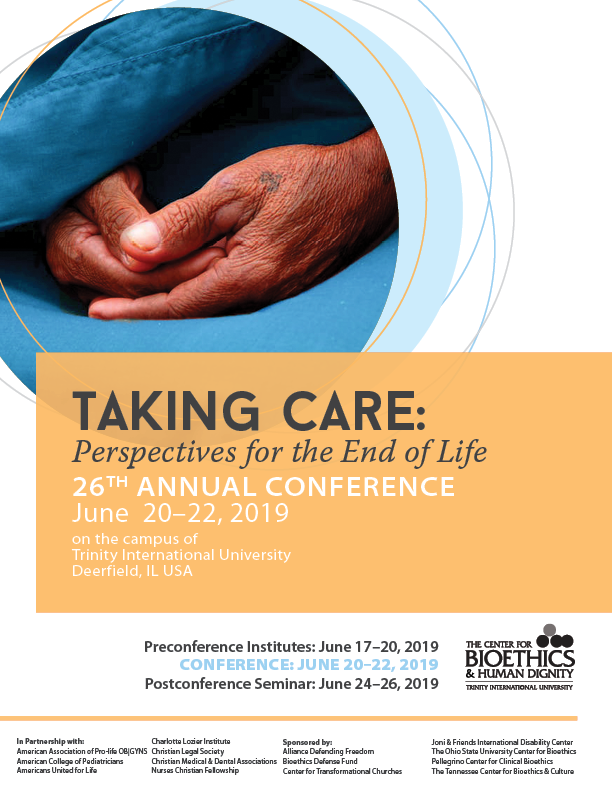
Throughout late 2017 and early 2018, the case of Alfie Evans focused international attention on the British National Health System. Born on May 9, 2016, Alfie was identified at six months as having a developmental delay. On December 14, 2016, he was admitted through the Emergency Department at Alder Hey Pediatric Hospital for high fever and seizures. Alfie remained at Alder Hey, where although physicians acknowledged they could not diagnose his condition, within a month they declared it progressive and terminal. He was intubated, ventilated, and tube fed for 15 months. Alder Hey sought a court mandate to withdraw life sustaining treatment from Alfie. Alfie’s parents sought a second opinion, medical transfer, and continued care—at no cost to Alder Hey or the NHS. The parents’ request was denied. Life sustaining treatment was withdrawn. Although “terminally ill,” Alfie managed to live five days after withdrawal/limitation of nutrition and hydration and withholding of antibiotics for iatrogenic infection. Alfie’s case reopened a recent wound in Britain, just a year after the case of Charlie Gard. In the U.S. we have had incidents of our own: Alyssa Gilderhaus, the Diegel sisters, and Justina Pelletier, to name a few. One of the long-held corollaries of the principle of autonomy in medical ethics is the surrogacy of the next of kin, absent malice on their part. The paper will engage in a discussion as to the ways changing conceptual systems have profoundly altered approaches to clinical decision making and “end-of-life” treatment.